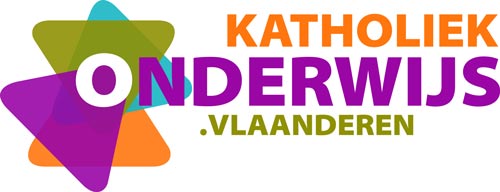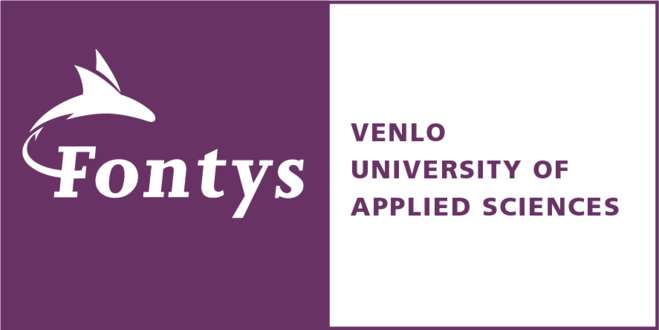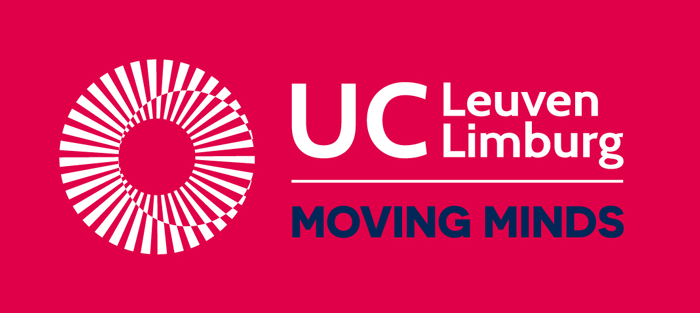
On this page, you will find information about the partners on this KA2 project. Just click on each partner’s name to see more information – clicking on their logo will take you to their own website.
Catholic Education Flanders – BE

Catholic Education Flanders (Katholiek Onderwijs Vlaanderen) is a public authority and the official institution, recognized and funded by the Flemish department of education, responsible for the support of Catholic schools in Flanders. It is the largest educational organization in Flanders. The organisation represents some 1400 schools in primary education, more than 600 schools in secondary education and some 150 special needs schools. It aims to support schools and the educational authorities they represent to fulfill their public mission regarding learning, teaching and education.
KathOndVla has specific expertise in supporting school teams. KathOndVla collaborates with Universities and Universities of applied sciences for teacher education. It has an international unit that works on the tasks formulated by the Flemish government in an international context according to the operational verbs: to represent, to investigate, to inform, to stimulate, to support, to coordinate, to network and to organize. The international unit has a large international network in Europe, America and Oceania. They
have organised several international conferences and coordinated several international and Erasmus+ projects. They collaborate also in international forms as there are the European Commission, OECD, Unesco and many more.
National Institute of Education (NEIS) – SI

The National Institute of Education (NEIS) consists of departments and regional units, covering the entire education system – from early childhood education to primary and secondary levels. The scope of work includes professional development for teaching staff, professional solutions, an exploratorium, and projects at national level initiated by the Slovenian ministry of education, publishing magazines, monographs and reference books, collections of scientific papers, textbooks and other publications and international collaboration.
The main objectives of NEIS include continuous curricula development in early childhood education, primary and secondary education, the development of learning and teaching for high
quality knowledge, the development of quality assurance in education, monitoring and evaluation of implementation and testing of innovations in education, the development of new approaches and new tools in professional development, upgrading the system of education of students with disadvantaged background and special needs.
NEIS is involved in international collaborations realizing national priorities and supporting political directions of the European Union through projects at regional, bilateral and transnational level. The collaboration with multilateral organizations as OECD, European Council, UNESCO and EK is of significant importance.
NEIS is a member of several transnational networks, consortia and associations including CIDREE (Consortium of Institutions for Development and Research in Education in Europe), ATEE (Association for Teacher Education in Europe), IEAN (International Educational Assessment Network (IEAN), and ENSI (Environment and School Initiatives). NEIS participates in transnational projects such as IPA (Instrument for Pre-Accession), E-Twinning projects, ESS projects and Lifelong Learning projects (2007-2014): Comenius Regio, Comenius multilateral projects and Comenius training and teaching programmes. NEIS has participated in approximately 15 European projects as coordinators or participating partners over the
last ten years in the field of innovative education.
Fontys University of Applied Sciences -NL

With approximately 44,000 students and 4,800 employees, Fontys is one of the largest universities of applied sciences in the Netherlands. Moreover, it holds the country’s largest department for secondary teacher education with approximately 4,000 students enrolled in its bachelor and master programmes. The department also comprises seven research groups, commited to practice oriented research on a variety of topics such as: technology enhanced assessment, adaptive teaching professionals, and learning design.
The department also chairs the regional Centre of Expertise ‘De Onderwijsingenieurs’ (i.e. ‘The Education Engineers’); that, together with primary and secondary schools, is focused on teacher’ professional learning and school development by employing a strategy called ‘Design As Research’ (‘DARe’). Starting points of the DARe strategy are:
- that design is a valid, effective, and adequate form of teacher inquiry and teachers’ professional learning
- that educators are the most competent decision-makers regarding their own professional practice, and
- that regular peer feedback – in platforms called ‘Learning Design Studios’ (‘LDS’) – is an essential quality component of teachers’ design processes.
University College Leuven-Limburg – BE

UC Leuven-Limburg is a HEI in Belgium renowned for the high quality of its teaching, research & regional development. More than 30 professional bachelor (EQF 6), and 30 lifelong learning study programmes are offered in various study areas: Education, Health Care, Applied Social Studies, Applied Engineering & Technology, and Business Management. Yearly about 14.000 students are enrolled in UC Leuven-Limburg. Moreover, about 15.000 professionals follow a training, seminar or workshop at UC Leuven-Limburg. UCLL’s strong commitment to research ensures state-of-the-art study programmes and trainings for these students and professionals.
Research at UC Leuven-Limburg is unquestionably practice-oriented. Together with other regional and international knowledge institutions, companies and organizations, the government and funding agencies, UCLL generates new, applied knowledge through a wide range of (international) research projects and offers this knowledge via training and advice. UCLL also cooperates with actors outside the academic world to provide research and services tailored to their needs.
UCLL hosts eight research centres: Art of Teaching, Education & Development, Health Innovation,Inclusive Society, Resilient People, Smart Organisations, Digital Solutions, & Sustainable Resources.
Warnborough College Ireland – IE

Warnborough College (WCI) was founded in 1997 in Ireland. The college specialises in the provision of vocational and academic programmes across a range of disciplines and academic levels. Our students attend from both within and without Europe. We use various methods of instruction, including face-to-face classes, online and blended learning. In particular, our on-line and distance learning courses have been very useful in targeting learners who are unable to avail of classroom-style learning for various reasons (e.g. prisoners, physically disabled).
Having students from around the world means that we are au fait with language, learning and cultural differences which may impede successful learning. We have been able to design courses around special needs using different technologies. We have a support network of tutors, mentors, and even local face-to-face teachers to help students to learn.
The College has over 20 years of experience in transnational education, working with partner institutions and organisations around the world to develop and offer programmes to students from different backgrounds and locations, at all educational levels. We have worked with universities in many countries to create capacity-building and entrepreneurial programmes.
A key strategy of the College is outcomes-based learning, with an emphasis on translating academic know-how into practical ability.
